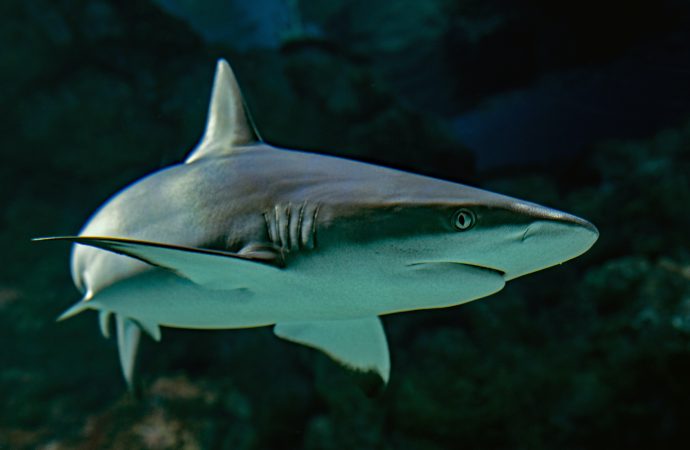Introduction: Sharks, the apex predators of the ocean, have long fascinated and captivated our imaginations. However, these majestic creatures face a grave threat to their survival – the decline of shark biodiversity. While the shark fin trade has received significant attention, the complexities of shark conservation extend far beyond this singular issue. In this article,
Introduction:
Sharks, the apex predators of the ocean, have long fascinated and captivated our imaginations. However, these majestic creatures face a grave threat to their survival – the decline of shark biodiversity. While the shark fin trade has received significant attention, the complexities of shark conservation extend far beyond this singular issue. In this article, we dive into the intricacies of shark conservation, exploring the multifaceted factors impacting biodiversity and the urgent need for comprehensive measures to protect these magnificent species.
The Shark Fin Trade: A Troubling Catalyst:
The shark fin trade has gained notoriety as a major contributor to the decline in shark populations. Driven by the demand for shark fin soup and traditional medicines, millions of sharks are targeted solely for their fins. The brutal practice of finning involves removing the fins and discarding the rest of the shark, resulting in immense suffering and population depletion. Efforts to curb the fin trade, such as bans and stricter regulations, have been instrumental in raising awareness and reducing the scale of this issue. However, it is crucial to recognize that shark conservation requires a broader perspective.
Climate Change and Ocean Health:
The impact of climate change on marine ecosystems cannot be ignored in the context of shark conservation. Rising sea temperatures, ocean acidification, and changing ocean currents disrupt the delicate balance of marine habitats, affecting prey availability, migration patterns, and breeding grounds for sharks. As climate change continues unabated, the survival of many shark species is threatened, underscoring the need for comprehensive measures to mitigate its effects and protect these vital apex predators.
Overfishing and Bycatch:
While the fin trade remains a significant concern, overfishing and bycatch are equally detrimental to shark populations. Sharks are often unintentionally caught as bycatch in commercial fishing operations targeting other species. Indiscriminate fishing methods, such as longlines, gillnets, and trawling, contribute to the accidental capture and mortality of sharks. Implementing sustainable fishing practices, promoting responsible fishing gear, and monitoring fishing quotas are critical steps in reducing the incidental catch of sharks and preserving their populations.
Habitat Degradation and Fragmentation:
The degradation and fragmentation of marine habitats pose a significant challenge to shark biodiversity. Coastal development, pollution, and destructive fishing practices lead to the destruction of essential habitats such as coral reefs, mangroves, and seagrass beds. These habitats serve as nurseries, feeding grounds, and breeding sites for sharks. Protecting and restoring these crucial habitats is essential in ensuring the long-term survival of sharks and maintaining healthy marine ecosystems.
Conservation through Collaboration:
Effective shark conservation requires collaborative efforts involving governments, conservation organizations, scientists, and local communities. By working together, stakeholders can establish marine protected areas (MPAs) that provide safe havens for sharks, implement sustainable fishing practices, and develop educational programs to raise awareness about the importance of shark conservation. Additionally, international cooperation is vital in regulating shark fishing, sharing research and data, and enforcing conservation measures.
Conclusion:
The complexities of shark conservation extend well beyond the shark fin trade. Climate change, overfishing, habitat degradation, and collaboration among stakeholders are all crucial aspects that need to be addressed. Protecting shark biodiversity is not only crucial for the survival of these magnificent creatures but also for maintaining the health and balance of marine ecosystems. By unraveling these complexities and implementing comprehensive conservation measures, we can ensure a brighter future for sharks and the oceans they inhabit. It is our responsibility to go beyond the fin and prioritize the preservation of these vital apex predators.

















Leave a Comment
Your email address will not be published. Required fields are marked with *